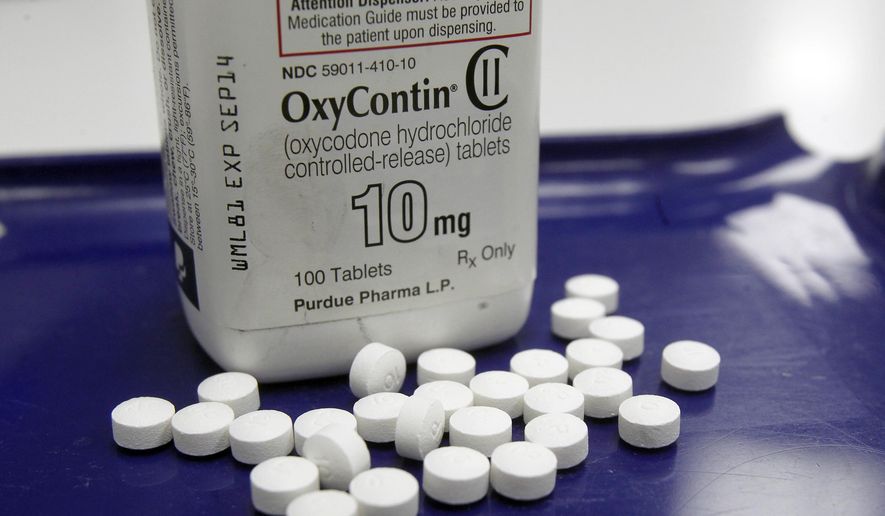A Kentucky appeals court on Friday ruled documents on how Purdue Pharma marketed OxyContin, a major prescription opioid, should be unsealed.
The unanimous opinion from a three-judge panel upholds a lower court’s ruling that the records “should not be concealed from public inspection.”
The documents may bring greater insight into how one of the nation’s top opioid makers characterized the addictive nature of its pain pills.
A deposition that Richard Sackler, a former Purdue president, provided during litigation between Kentucky and Purdue over the past decade is among the documents sought by STAT News, which submitted an open records request for the transcript.
The records will not be released to the public immediately. Purdue has 30 days to appeal to the Kentucky Supreme Court.
In a statement, Purdue signaled it would likely appeal.
The Connecticut company said it was disappointed in the ruling, saying the documents didn’t play a role in judicial decisions in the past.
“Under Kentucky law, such documents should remain private as outlined in the Protective Order with the Commonwealth of Kentucky,” the company said. “This decision raises important issues under Kentucky law, and we intend to pursue our rights to seek judicial review of the decision.”
STAT News, in its report on the decision, said it is “tremendously encouraged by this ruling.”
“More than two years after we filed this suit, the scourge of opioid addiction has grown worse, and the questions have grown about Purdue’s practices in marketing OxyContin. It is vital that we all learn as much as possible about the culpability of Purdue and the consequences of the company’s decisions on the health of Americans,” said Rick Berke, the executive editor of STAT.
As it stands, Purdue is defending itself against a patchwork of lawsuits from states and other entities over its role in the opioid crisis.
Opioid-related overdoses killed 47,600 Americans in 2017.
Congress has passed a series of bills designed to rein in the crisis and fund treatment, though states and local governments and Indian tribes say opioid makers should pay damages that will aid the response.
They say opioid makers downplayed the addictive nature of their products in prior decades, setting the stage for widespread addiction.
Many addicted Americans turned to cheaper and more accessible heroin when their legal supply of pills ran out, putting them at risk of overdose due to powerful synthetics, like fentanyl, that are mixed into street drugs.
Purdue stopped promoting opioids to prescribers in February 2018.
• Tom Howell Jr. can be reached at thowell@washingtontimes.com.




Please read our comment policy before commenting.